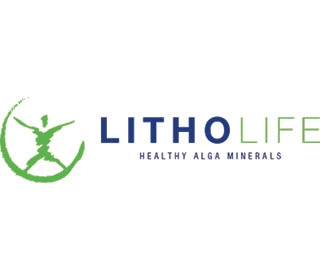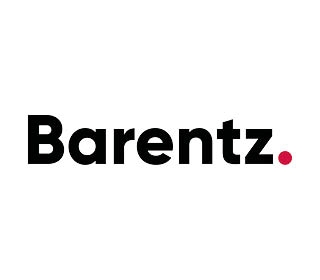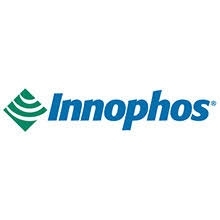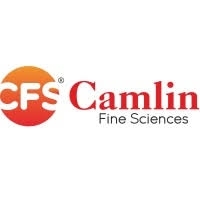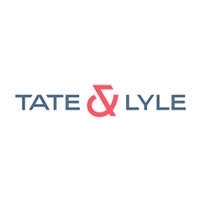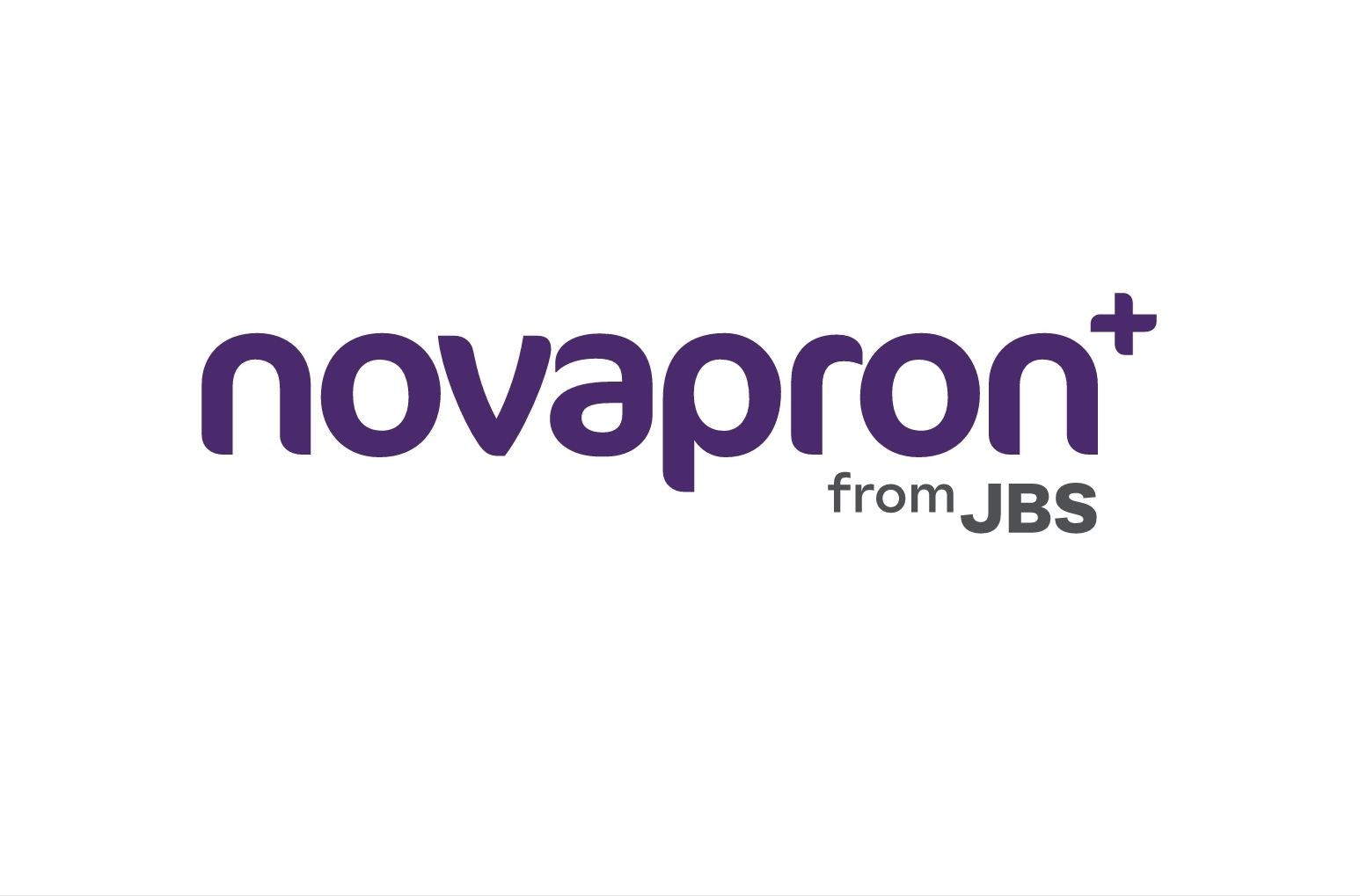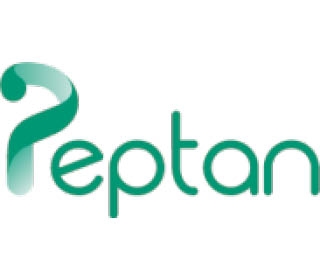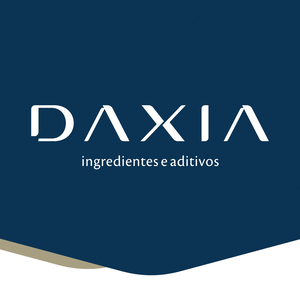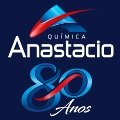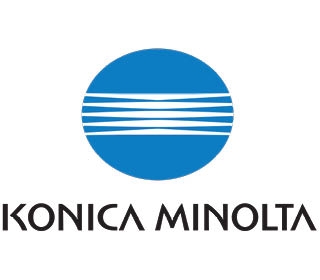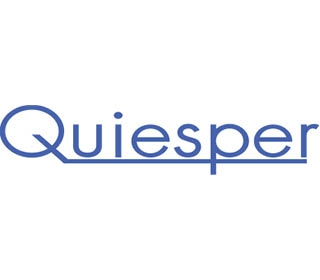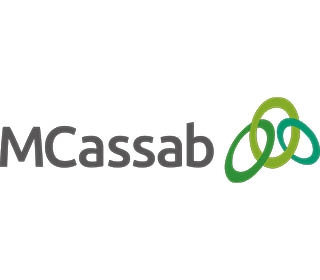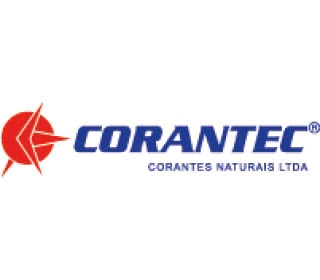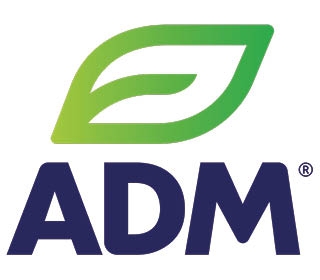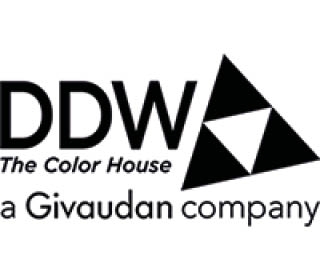Bayer-Monsanto merger faces tough EU scrutiny
A comprehensive probe into the proposed merger of the two agrichemical giants Bayer and Monsanto has been launched by the European Commission, amid concerns over competition in relation to seeds, traits and pesticides. What concessions the multinationals may have to make to win over regulators is not yet clear, but it is highly likely there will be further action to allay the Commission’s fears over the competition.
The EC has officially opened what is known as a “Phase II” examination that will probe further as part of a regulatory process. Although this is a standard practice on proposed mergers of this size and scope, the EC has not been satisfied with its inquiry into the deal so far.
Under the EU Merger Regulation, the Commission has concerns that the merger may reduce competition in areas three main areas. It all centers around the fact that both Bayer and Monsanto are two of a limited number of powerhouse companies capable of innovating new products in the fields of pesticides as well as research and development work on seeds and traits.
The proposed acquisition of Monsanto (US) by Bayer (Germany) would create the world's largest integrated pesticides and seeds company. It would combine two competitors with leading portfolios in non-selective herbicides, seeds and traits and digital agriculture.
Both companies are active in developing new products in these areas. Moreover, the transaction would take place in industries that are already globally concentrated, as illustrated by the recent mergers of Dow and DuPont and Syngenta and ChemChina, in which the Commission intervened to protect competition for the benefit of farmers and consumers.
“Seeds and pesticide products are essential for farmers and ultimately consumers. We need to ensure effective competition so that farmers can have access to innovative products, better quality and also purchase products at competitive prices. And at the same time maintain an environment where companies can innovate and invest in improved products,” says Commissioner Margrethe Vestager, in charge of competition policy.
Reduce competition
One of the key concerns is that the proposed merger would reduce competition in a number of different markets resulting in higher prices, lower quality, less choice and less innovation. In particular, the initial market investigation identified preliminary concerns in the following three areas:
Pesticides
Monsanto's pesticide product glyphosate is the most sold non-selective herbicide in Europe. It is sold under the trade name Roundup and is widely used the world over by farmers for weed control and therefore to protect crops.
On the other hand, Bayer produces glufosinate ammonium, also a non-selective herbicide and one of the very few alternatives to glyphosate.
According to the Commission's preliminary investigation, Monsanto and Bayer are two of a limited number of competitors in this field capable of discovering new active ingredients and developing new formulations, including addressing the growing problem of weed resistance to existing products.
In addition, the Commission will further assess both Monsanto's activities in biological pesticide products that would compete with Bayer's existing portfolio of chemical pesticide products, and the parties' overlapping activities in products that tackle varroa mites, a parasite affecting bee colonies in Europe.
Seeds
Bayer and Monsanto are both active in the breeding of vegetable seeds. The Commission's initial investigation shows that the parties have high combined market shares in a number of these vegetable seeds markets and that some of their products compete directly with each other.
Bayer and Monsanto are also active in the breeding and licensing of seeds for several field crops.
Monsanto has the highest market share in oilseed rapeseeds in Europe. Bayer, with the highest market share in oilseed rapeseeds at a global level, is one of the few players with the means to compete intensively in this market.
Furthermore, both parties are important licensors of cotton seeds to their competitors in Europe, and both are investing in research and innovation programs for wheat.
Traits
A trait is a characteristic of a plant, such as height, herbicide tolerance, and insect or disease resistance, and can be developed in laboratories and introduced in certain plant varieties.
The Commission's preliminary investigation indicates that Monsanto has a dominant position in several traits markets worldwide.
Bayer is one of the few competitors to Monsanto in certain traits markets and has notably developed alternative herbicide tolerance traits to Monsanto's.
The Commission will investigate in particular whether the transaction could lead to a reduction of competition in these markets, taking into account the existing links between the few worldwide competitors through cross-licensing and through research and development cooperations.
Finally, the merged entity would hold both the largest portfolio of pesticides products and the strongest global market positions in seeds and traits, making it the largest integrated company in the industry.
The Commission will further investigate whether competitors' access to distributors and farmers could become more difficult if Bayer and Monsanto were to bundle or tie their sales of pesticide products and seeds, notably with the advent of digital agriculture.
Digital agriculture consists in the collection of data and information about farms with the aim of providing tailored advice or aggregated data to farmers. Both Bayer and Monsanto are currently investing in this emerging technology.
Given the worldwide scope of Bayer and Monsanto's activities, the Commission is cooperating closely with other competition authorities, notably with the Department of Justice in the US and the antitrust authorities of Australia, Brazil, Canada and South Africa.
Protests & petitions
Meanwhile, there are several organizations and environmental groups that are opposed to the proposed merger, branding it the “merger from hell,” and fear that the “mega conglomerate” that would be created would become too powerful and put a strain on the environment and farmers.
Many are lobbying the European Commission calling for an end to the proposed merger. The Commission has been petitioned through emails, postcards, letters and tweets expressing concerns
Bayer statement
However, Bayer believes it will win over approval by the end of this year. In a statement, the company says it will continue to work constructively with the Commission.
“The company had expected further review of the proposed acquisition of Monsanto, due to the size and scope of the transaction. Bayer believes that the proposed combination will be highly beneficial for farmers and consumers, and will continue to work closely and constructively with the European Commission in its investigation,” it says.
“The companies notified the transaction to the European Commission on June 30, 2017, and submitted commitments on July 31, 2017.”
“Bayer looks forward to continuing to work constructively with the Commission with a view to obtaining the Commission’s approval of the transaction by the end of this year.”
Meanwhile, in the two other giant tie ups in the agrichemical sector, Dow DuPont and ChemChina and Syngenta, all parties have made concessions in order to satisfy regulators.







